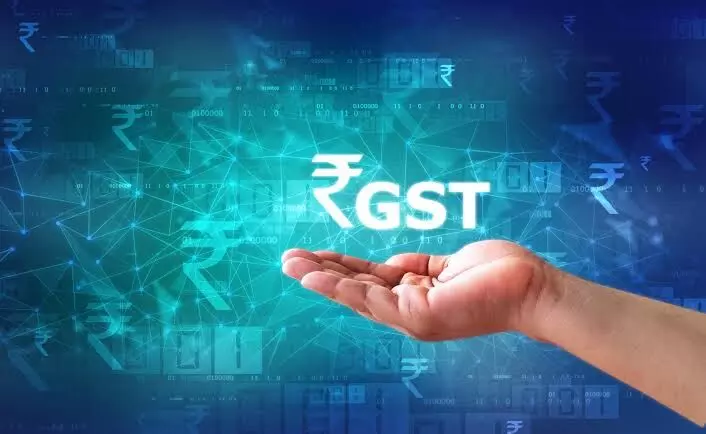Medicines, rotis, small cars..: Centre slashes GST on different items; check list here
Bigger cars will now face 40% GST. Electric vehicles remain at 5%
By Newsmeter Network
Representational Image
New Delhi: A new 40% GST slab will come into force on September 22, along with revised rates. The 12% and 28% slabs have been abolished, leaving only the 5% and 18% slabs from the existing four. The restructuring seeks to ease the tax burden on citizens through sweeping rate cuts, unlock working capital, and improve ease of doing business with automated refunds and registrations.
At its 56th meeting on Wednesday, the GST Council, chaired by Finance Minister Nirmala Sitharaman, approved rationalisation of rates, scrapping the 12% and 28% slabs. The revised structure takes effect from September 22, the first day of Navaratri.
The Council cleared a two-tier system of 5% and 18%, plus a new 40% slab for sin and luxury goods. However, tobacco and cigarettes will continue under 28% GST plus cess until dues are repaid.
Rate cuts for essentials :
Common-use packaged foods such as fruit juices, butter, cheese, condensed milk, pasta, coconut water, soya milk drinks, nuts, dates, and sausages will now attract 5% GST instead of 12%. Medical oxygen, gauze, bandages, and diagnostic kits also move to 5%. Nil GST applies to ultra-high temperature milk, paneer, pizza bread, khakra, plain roti, and erasers.
Household goods, including hair oil, soaps, shampoos, toothbrushes, toothpaste, bicycles, tableware, and kitchenware, will attract 5%, down from 12% or 18%.
Relief for appliances and vehicles :
Air conditioners, televisions, and dishwashers shift to 18% from 28%.
Small cars (petrol up to 1200cc, diesel up to 1500cc, length under 4m) and motorcycles under 350cc move to 18%, as do all auto parts.
Bigger cars will now face 40% GST. Electric vehicles remain at 5%.
Prime Minister Narendra Modi welcomed the unanimous decision, saying the reforms will benefit the common man, farmers, MSMEs, middle-class, women, and youth.